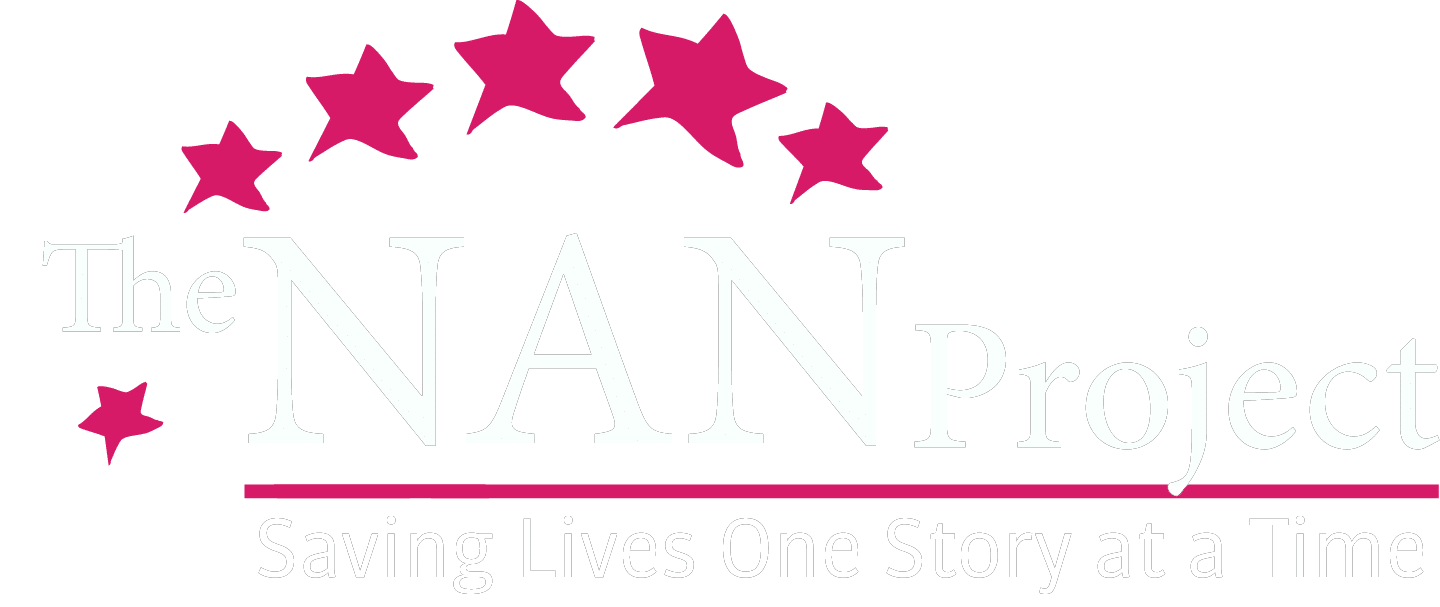The NLine
Who we are
Mental Health & COVID 19
Taking the “Un” out of Uncertainty
The NAN Project & COVID 19
Comeback Story Filming in Arlington
“I Am More” by Amy Kerr
Boston Peer Mentor Training – Jan 2020
Fall 2019 Recap
THANK YOU(!)…. to all our amazing Supporters this Fall
TNP on 5 For Good
Recap on the Night 4 NAN!
